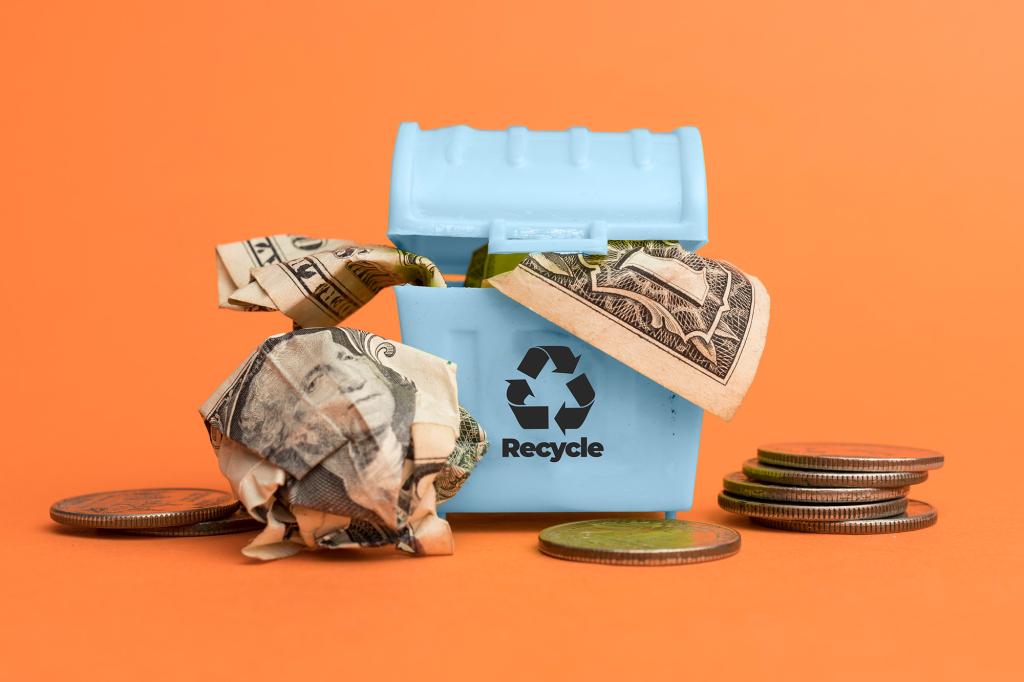
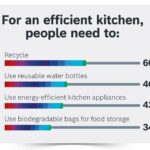
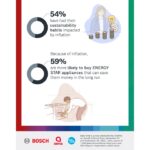
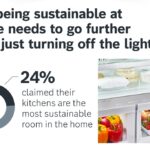


According to a new study, three out of five Americans are as concerned about preserving the environment as saving money.
In a recent survey of the sustainability habits of 2,000 US residents, 64% of respondents said they care about the health of the planet and their wallet to the same extent.
And 66% said they would be “willing to try anything that can help save the environment” – although, naturally, some habits have proven to be far more popular than others.
For 75% of respondents, it’s as simple as turning off the lights when leaving a room.
Similarly, 66% ensure that running water is cut off whenever possible and 63% choose to take a shower rather than a bath.
Given the choice, however, they are much more likely to prefer showers under 10 minutes (60%) to those with colder water (25%).
Conducted by OnePoll on behalf of Bosch, the survey suggests that being sustainable at home has to go beyond simply turning off lights or taking quicker showers.
When asked which room in their home was the most sustainable, a quarter of respondents said it was their kitchen (26).
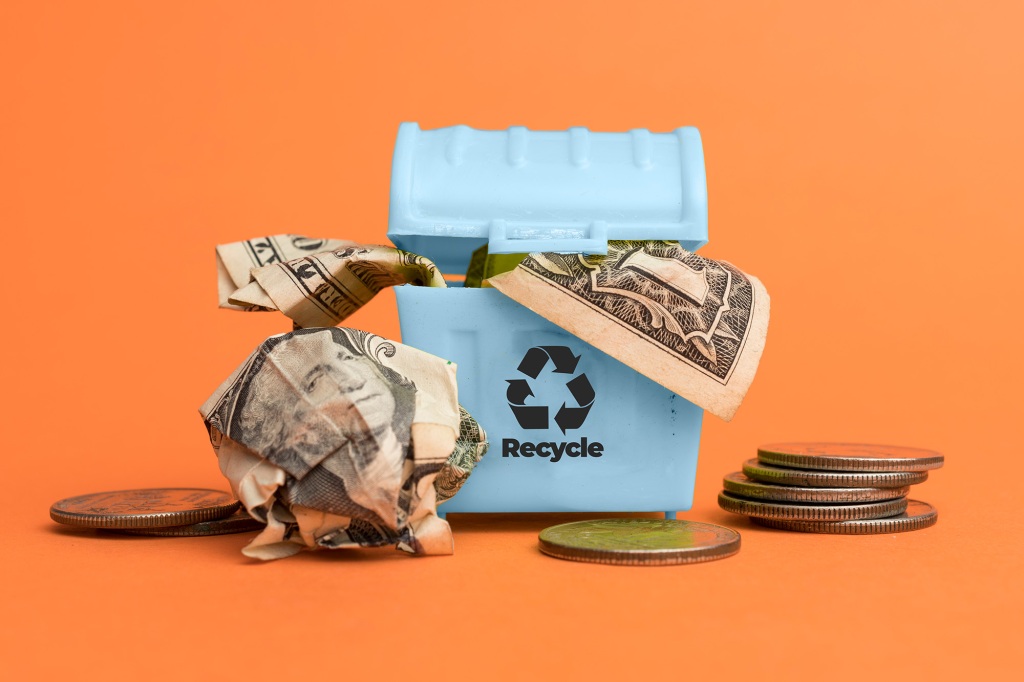
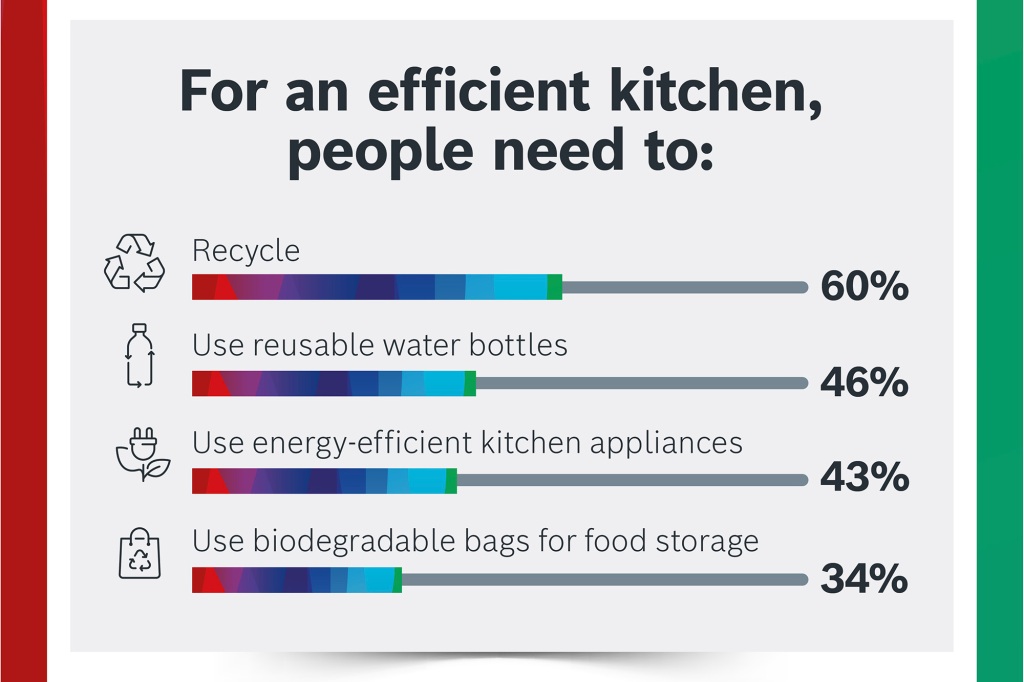
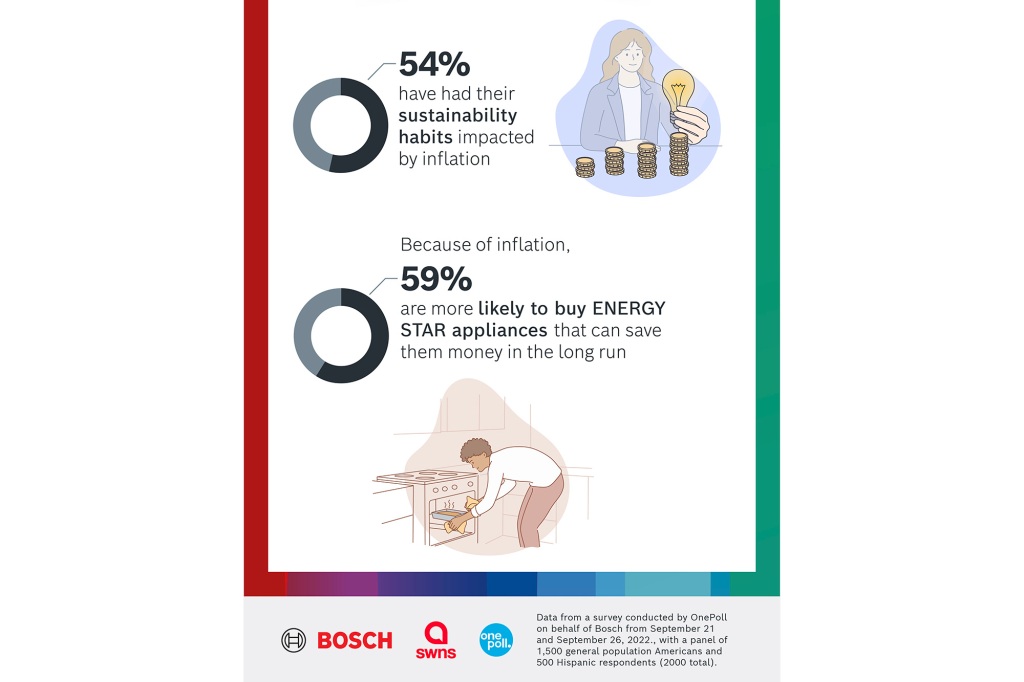
In order to make their kitchens as energy efficient as possible, respondents said it was best to follow sustainable practices such as recycling (60%), using reusable water bottles (46%), l using energy-efficient kitchen appliances (43%), using biodegradable bags for food storage (34%) and using a high-efficiency dishwasher instead of washing dishes by hand ( 31%).
“People would be really surprised if they knew how much energy is being used in their home,” said Bosch senior brand manager Cara Acker. “Even if people turn off their thermostat or their lights, there are still things in the house like appliances that constantly need electricity to run. That’s why it’s so important, both for your electricity bill for the environment, to obtain ENERGY STAR qualified appliances.
The survey also revealed that 54% of Americans have seen their sustainability habits impacted by inflation.
Inflation caused people to spend more on food (69%), utilities (65%) and green household items (54%).
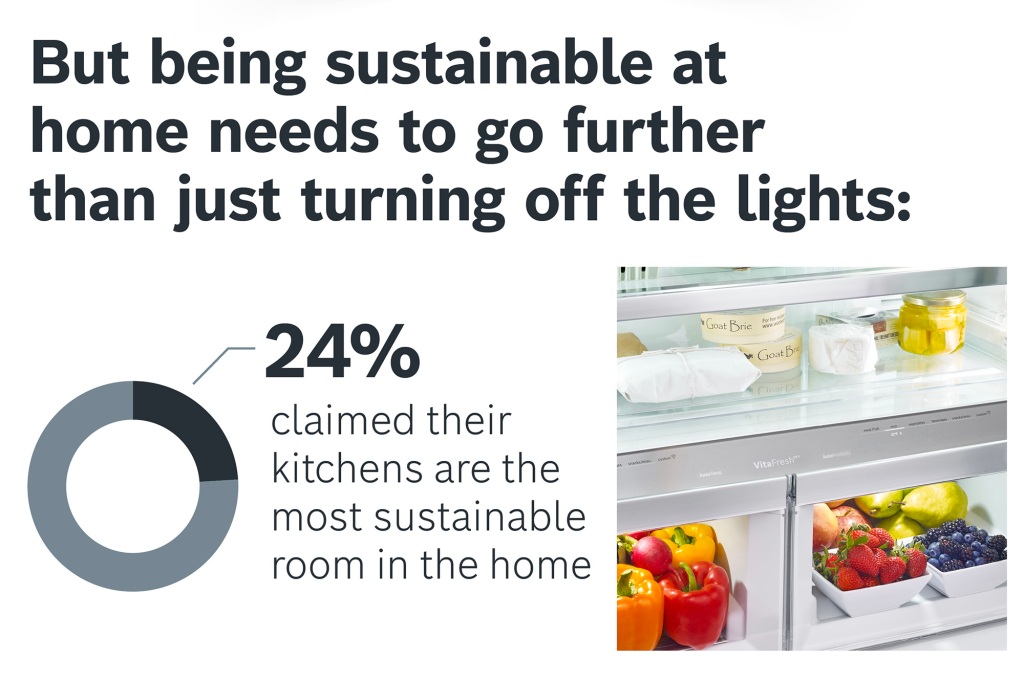
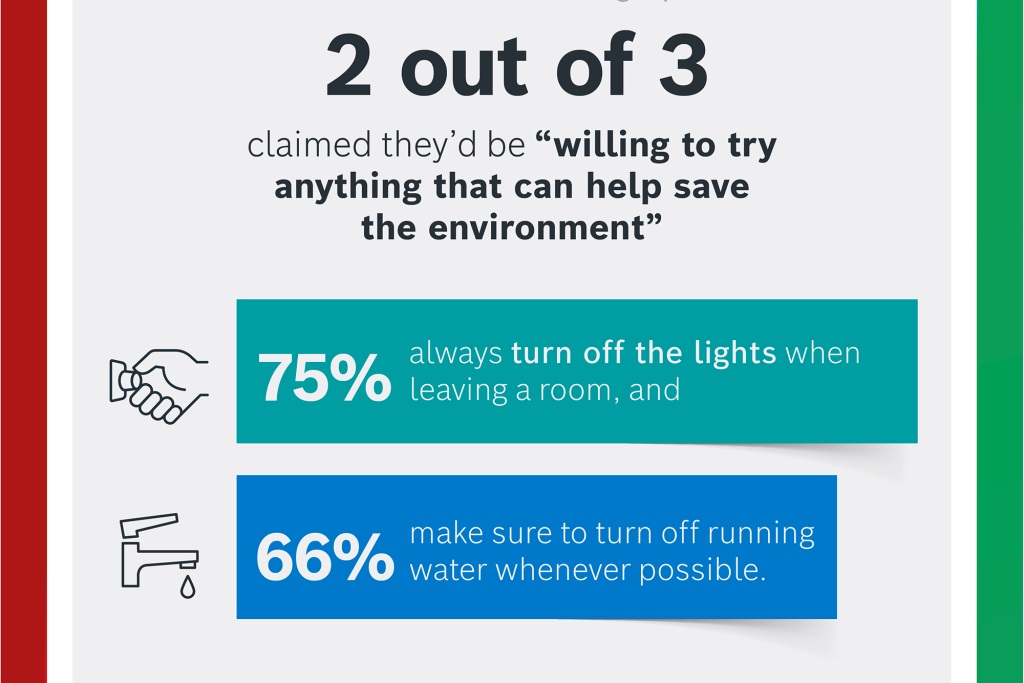
Inflation has also made 59% more likely to buy ENERGY STAR qualified appliances that are more energy efficient than alternatives, suggesting people want to get the most out of their dollar.
Inflation was also found to impact the grocery shopping habits of 75% of Americans. As a result, 41% buy more frozen food than fresh food in an effort to buy things that last longer.
Thirty-nine percent do not currently monitor their home’s energy usage and those who rely on reading their own meter (25%) rather than getting information from their energy provider or smartphone apps .
Almost two in three (63%) said they would consider investing more money upfront to improve the sustainability of their home if it would save them money in the future.
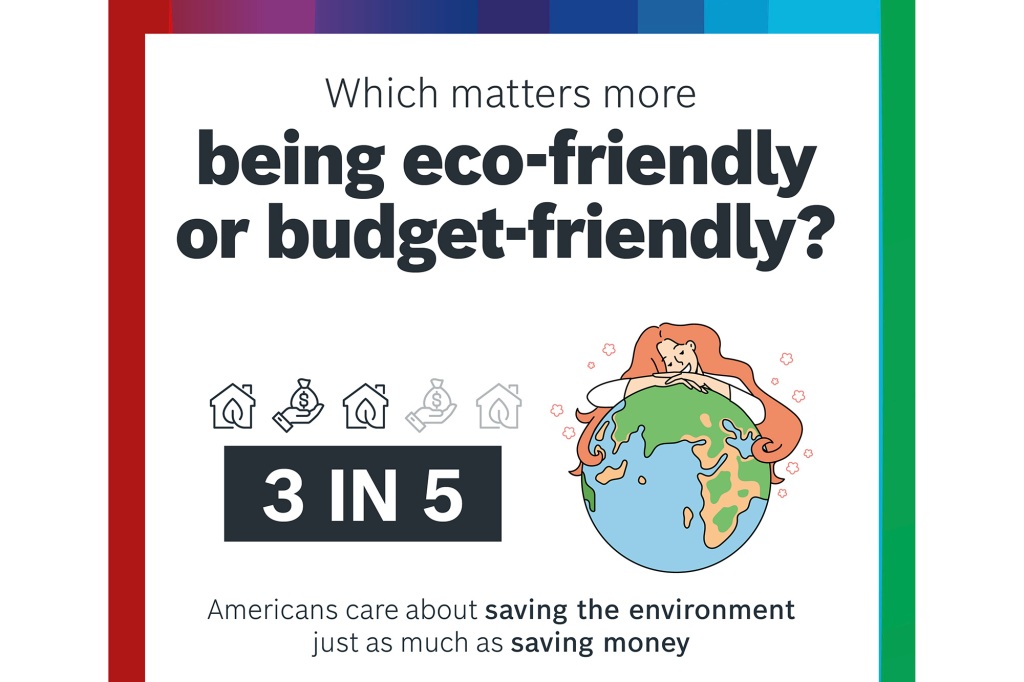
This long-term investment in improving sustainability was further demonstrated when 30% admitted that being sustainable costs more upfront, while 32% found it cheaper in the long run.
“People tend to think durable devices are too expensive and prohibitively expensive,” Acker continued. “But really, it’s the opposite. Long-lasting, energy-efficient appliances are one of the best hidden ways to save money in the long run. Investing in an appliance with features that help keep your food fresh longer means less money wasted on food. You also get something that uses electricity efficiently, which means less money wasted on over-consumption of energy. It is an economic victory in the end.
TOP 8 MOST SUSTAINABLE BEDROOMS
- Cooking — 26%
- Room — 21%
- Living room — 15%
- Bathroom — 14%
- Basement — 5%
- Garage — 5%
- Laundry — 5%
- Attic — 5%
Survey methodology:
This double opt-in random survey of 1,500 general population Americans and 500 Hispanic respondents was ordered by Bosch between September 21 And September 26 2022. It was produced by a market research company OnePollwhose team members are members of the market research company and are corporate members of the American Association for Public Opinion Research (AAPOR) and the European Society for Opinion and Research in Marketing (ESOMAR).
